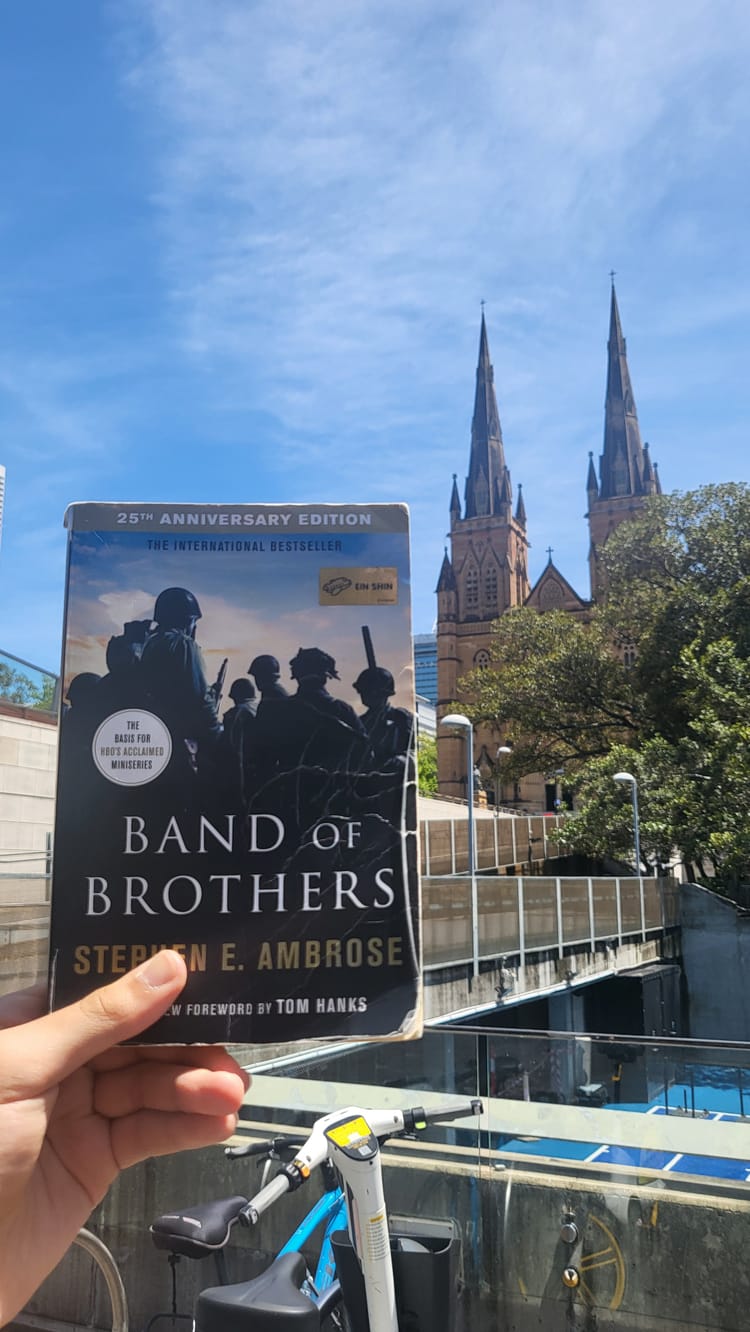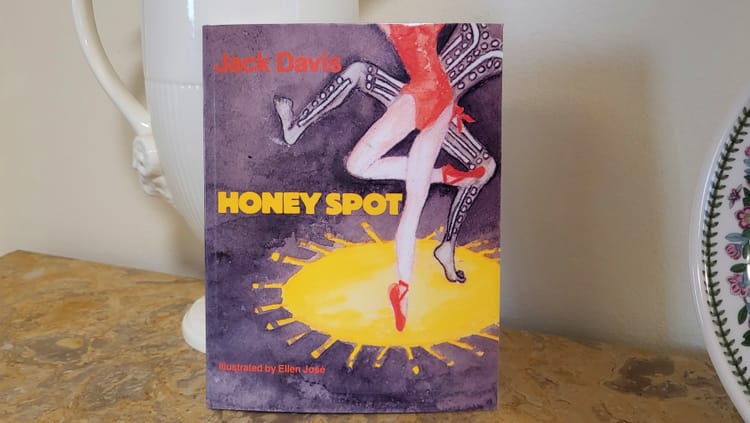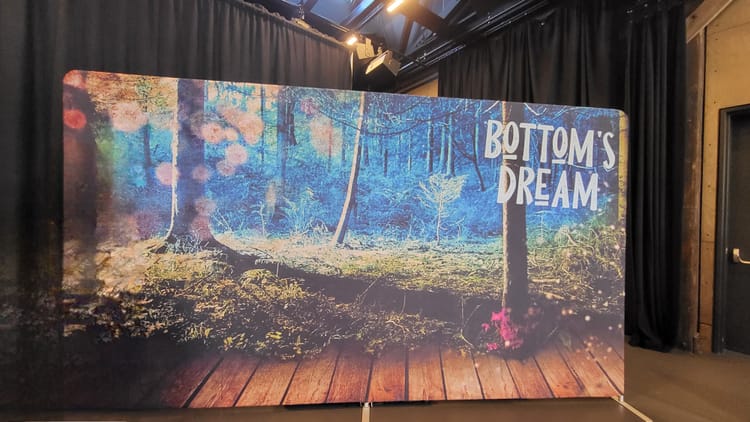Romeo and Juliet: The best Shakespearean classic

William Shakespeare has revolutionised modern literature and he is still the best playwright who ever lived and the only one to taunt Taylor Swift. Even a dotard person would recognize at least one of Shakespeare’s works. The question remains: how can an Elizabethan playwright still inspire people even centuries on? The answer lies in the fruits of his labour: plays. Let’s look at one of Shakespeare’s most renowned plays: Romeo and Juliet, but first, William Shakespeare.
Born to a rich family, Shakespeare’s earliest ambitions was to establish an acting company in London but he realised he would only become an actor when pigs fly as his father discouraged acting. As the family went from riches to rags, he took advantage of this unfortunate event and went to London to realise his dream career. For the first 7 years, it was a dim world of obscurity. Though acting was his initial plan, his plays were the most in demand. His works later went on to inspire many influential authors. He has authored many works, among them the romantic tragedy, Romeo and Juliet.
Another fight breaks out between the opulent Capulet and aristocratic Montague families when the prince steps in. He declares the next fight will see everyone killed. What follows is a Capulet party where Romeo meets Juliet for the first time and vows to marry her: simple. And yet, this plot has been adapted more than 115 times in books alone. However, it seems people underestimate the hidden “what if?” questions behind the play. For instance, Juliet is often thought to be an impressionable wife though secretly fierce and calculating as a man. And have you ever wondered why the letter explaining the ‘dead’ Juliet plan never reached Romeo? This is because of a bubonic plague outbreak similar to the dreadful plague William Shakespeare experienced in London.
Like every other Shakespearean play, Romeo and Juliet has some stabbing quotes. For instance, “Go wise and slowly. Those who rush stumble and fall.” means rushing has its consequences. Romance is another case: “O Romeo, Romeo! Wherefore art thou Romeo?” This quote is the most popular quote yet but is also greatly misunderstood. People believe in this balcony scene Juliet is asking where he is, but when translated to contemporary English it reads: “Oh Romeo, Romeo! Why are you Romeo?” which means she is asking why he is Montague(her family’s sworn enemy). Here, many people mistake wherefore for where. As for: “My bounty is as boundless as the sea”, it means that within love, infinite love will spread out.
Romeo and Juliet is indeed a heart-piercing work of romance and tragedy alike, with quotes to rival its beauty and hidden questions seeking to be answered. Romeo and Juliet perfectly depicts the troubles of love and how extremely ‘quick’ relationships can break apart their lives. ‘For never was a story of more woe than this of Juliet and her Romeo’.







Member discussion